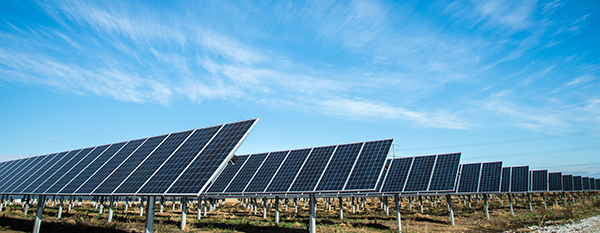The promotion of renewable energy, i.e., energy generated from non-fossil sources such as wind, solar and geothermal energy, has been and continues to be an important goal of the EU. This is done to make the EU the first climate-neutral continent.
Directive (EU) 2018/2001 of the 11th of December 2018, on the promotion of the use of energy from renewable sources primarily promotes the use of renewable energy in the EU Member States.
Firstly, the Directive sets the target that 32% of gross final energy consumption should come from renewable sources by 2030. It also regulates financial support for electricity from renewable energy sources in sectors such as heating and cooling and transport to make them more cost-effective, as well as self-consumption of electricity from renewable energy sources, regional cooperation among the Member States and with third countries, and simplification of administrative procedures on energy projects. Finally, it establishes criteria for sustainability and greenhouse gas emissions reduction of biofuels, bioliquids and biomass fuels
To ensure energy sustainability and greenhouse gas emission reductions, the Directive must be fully transposed and properly implemented by all EU Member States. Yet, on the 15th of July 2022, the European Commission sent a reasoned opinion to Malta, together with Italy and Slovenia, for not fully transposing Directive (EU) 2018/2001; the deadline for transposition was the 30th of June 2021.
Now, Malta has two months to ensure that it is no longer in breach of EU law. If Malta still fails to comply and no agreement is reached, the Commission may refer the matter to the European Court of Justice. The Court can impose financial penalties, either through a costly lump sum or a daily fine, if the Member State in question fails to comply.






